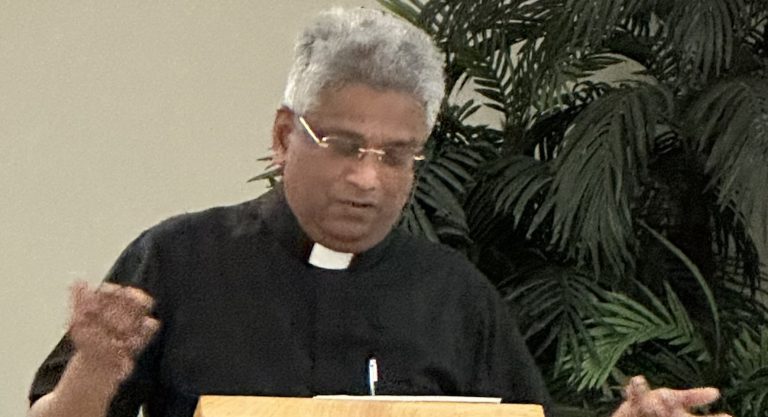First Reading • Acts 15:1-2, 22-29
Psalm • Psalm 67:2-3, 5, 6, 8
Second Reading • Revelation 21:10-14, 22-23
Gospel • John 14:23-29
Today’s first reading might seem strange to us. To understand it, we need to know a little history about the early Church.
The first disciples of Jesus were all Jews. They were familiar with the Old Testament, went to the Temple in Jerusalem, and practiced the Law of Moses.
Even after Jesus rose from the dead and ascended to Heaven, the apostles continued to go to the Temple. They didn’t see any conflict between believing in Jesus and practicing their Jewish faith.
Things began to change, however, as the gospel spread out beyond Jerusalem.
Because of the missionary work of Saint Paul and his companions, pagans were now beginning to believe in Jesus. Some early Jewish Christians were insisting that Gentile converts must follow the Law of Moses, especially circumcision, to be saved. This caused confusion and division in the young Church.
To resolve the matter, the apostles and elders gathered in Jerusalem. This gathering, often called the Council of Jerusalem, was the first major council of the Church. It showed us something essential: The Church discerns truth not by personal opinion or force, but through prayer, dialogue, and the guidance of the Holy Spirit. The apostles, after listening and reflecting, proclaimed that salvation comes through the grace of the Lord Jesus, not through external rituals and they lifted that burden from the Gentile believers.
Notice the beautiful phrase in their letter: “It has seemed good to the Holy Spirit and to us…” This line reveals the Church’s confidence that the Holy Spirit truly guides her decisions, especially when unity and truth are at stake.
This brings us to the Gospel where Jesus promises: “The Advocate, the Holy Spirit, whom the Father will send in my name, will teach you everything and remind you of all that I have said to you.” Jesus knew that His disciples would face challenges, disagreements, and uncertainty. So, He gave them a gift: His peace and the presence of the Holy Spirit to guide them.
We believe that the Holy Spirit continues to guide the Church to make decisions that will help us live as faithful disciples of Jesus and to grow in holiness.
It was the Holy Spirit that led the apostles to make the decision that circumcision was no longer necessary for salvation. And in the 2000 years that followed, the Holy Spirit has continued to guide the Church.
That is why we say in the Creed that we believe the Church. That belief is not based on the men who are the bishops. It is based on Jesus’ promise that the Holy Spirit would lead us into all truth. The Pope, the bishops, priests and everyone else who serves the Church are weak and sinful people, just as you and I are. But it is Jesus who is leading the Church through the Holy Spirit.
People often leave the Church because of the bad example of her leaders. That might be understandable. We should be sympathetic to those who have been hurt by the Church. But that is not to say that bad leaders are a reason to leave.
If that were the case, the Church would never have started in the first place. Just consider Saint Peter. He denied Jesus three times. Was he a good reason not to become a Christian?
Or Saint Paul. He was complicit in the murder of Saint Stephen. Should we point to him as a reason to leave the Church? Of course not. If that is true for the two great missionaries of the Church, it is true for every leader that has followed them over the past 2000 years.
Brothers and sisters, the Church is always facing one crisis or another.
That is because we are preaching a gospel that many people reject. And it is because we are sinful people who often make mistakes and get ourselves in trouble. Our faith is not in men, or in institutions, or in programs but in the presence of the Holy Spirit guiding the Church into the fullness of truth.
When we have doubts, when we’re feeling confused, and when our leaders have disappointed us, we only have to look to Jesus and His promise.
Both in the early church and now, when the Church listens to the Spirit, she finds unity, truth, and peace.
When I cling on to my own personal interests, there will be trouble, problems and divisions.
In our lives, too, we often face moments of conflict; maybe in our families, communities, or hearts. Like the early Church, we’re invited to turn to the Spirit, to seek peace not from the world, but from Christ.
So today, let us be reminded that the Spirit is alive and active in the Church, Christ’s peace is ours, even in uncertain times, and when we remain in His Word and listen to the Spirit, we too can say: “It has seemed good to the Holy Spirit and to us.”

